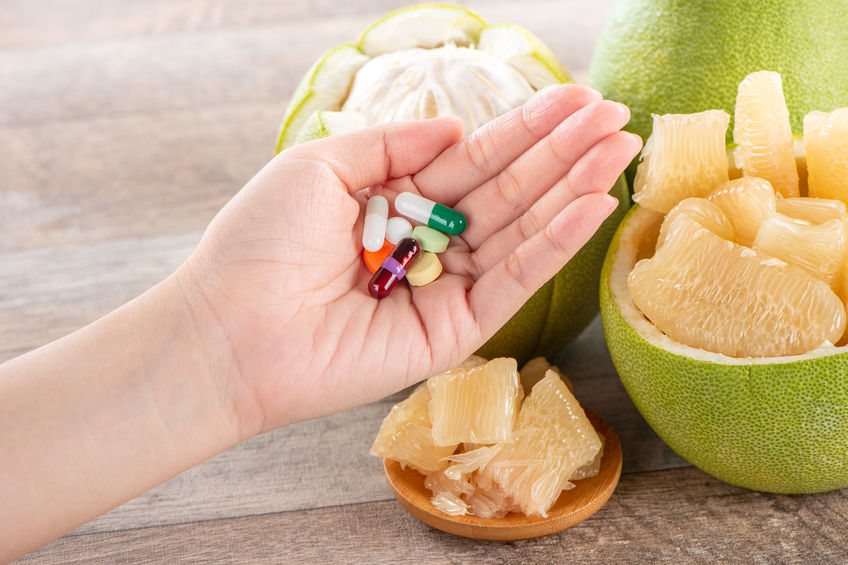Drug-drug interactions:
One of the most commonly asked questions I receive as a pharmacist is, “will this new prescription medication interact with my other medications”.
Although it might seem like a simple ‘yes’ or ‘no’, there is a lot that goes into answering this question. Monitoring and screening for drug interactions is among one of the most important duties of a pharmacist. Not only do we evaluate a medication’s potential to interact with other medications, we are also evaluating for any vitamin, supplement, herbal, or over-the-counter medications patients may be taking as these can interact with prescription medications as well.
Drug interactions is a broad term that can mean many things.
It could mean that adding the new medication may make another one work more or less effectively. It could also mean that the combination might increase your likelihood of experiencing a side effect, such as dizziness or sleepiness. Sometimes these interactions can be harmful to you and other times you may need to be monitored more closely by your doctor.
Another interaction to be aware of is over-the-counter, vitamins, supplements, herbals which can interact with certain prescription medications.
Pseudoephedrine (Sudafed), an over-the-counter nasal decongestant, can be stimulating and when taken in combination with other medications that are also stimulating (or caffeine) it can cause unwanted additive side effects, such as increased heart rate, increased blood pressure or difficulty sleeping.

DRUG-DRUG INTERACTIONS
In a similar way, alcohol also has the potential to cause an interaction with certain medications. Sedation or drowsiness is a common side effect of some prescription medications. Drinking alcohol also causes drowsiness, sedation, and dizziness so it is advised not to consume alcohol with certain prescription medications that also cause these side effects. Your doctor or pharmacist should warn you of this potential before filling your new medication.
Lastly, food can also interact with some of your medications. Certain medications may require the presence or absence of food in order for them to be absorbed and work optimally. One example is warfarin, a commonly prescribed blood thinner. Warfarin is affected by the amount of vitamin K-rich foods you consume in your diet. If you are not consistent with the amount of these foods in your daily meals, it will alter how well warfarin will work in your body. Consequently, you may not be receiving the full efficacy of this medication which can lead to serious side effects that may include an increased risk of bleeding or blood clots.
It is important to notify your healthcare providers if you suspect a drug interaction with any of your medications as there are many solutions to prevent this from happening. Sometimes it can be as simple as increasing or decreasing the dose or changing the time of day you take your medications can lessen side effects. A lot of times there are other alternative medications you can be safely switched to that may not cause the same interactions. Other times, the combination of medications warrants additional lab monitoring to ensure you can continue to use the medications in combination safely.
So, what can you do to help prevent experiencing unwanted drug interactions?
- Keep an up-to-date medication list that includes all prescription and over-the-counter medications, supplements, and vitamins on it. List the dose, route, and frequency of each. Bring this list with you to every doctor’s appointment, even any specialists you may see, such as your cardiologist.
- Fill at one pharmacy so they have an accurate medication list and the pharmacist can continually monitor for and assess any potential drug interactions.
- When you start a new medication, make sure you discuss any common side effects with your doctor or pharmacist. If you start to experience a side effect, record the time you took the medication and when you began to experience that side effect. When you call to discuss this with your provider and/or pharmacist it is helpful to know the timing as sometimes changing the time of day you take the medication may alleviate these symptoms.
- Tell your doctor about any caffeine, alcohol, or illicit substance use as these may impact the efficacy of your medications.
- Don’t take any medications that are prescribed for someone else. This can be very dangerous and have harmful consequences as it has not been evaluated for your safety.











